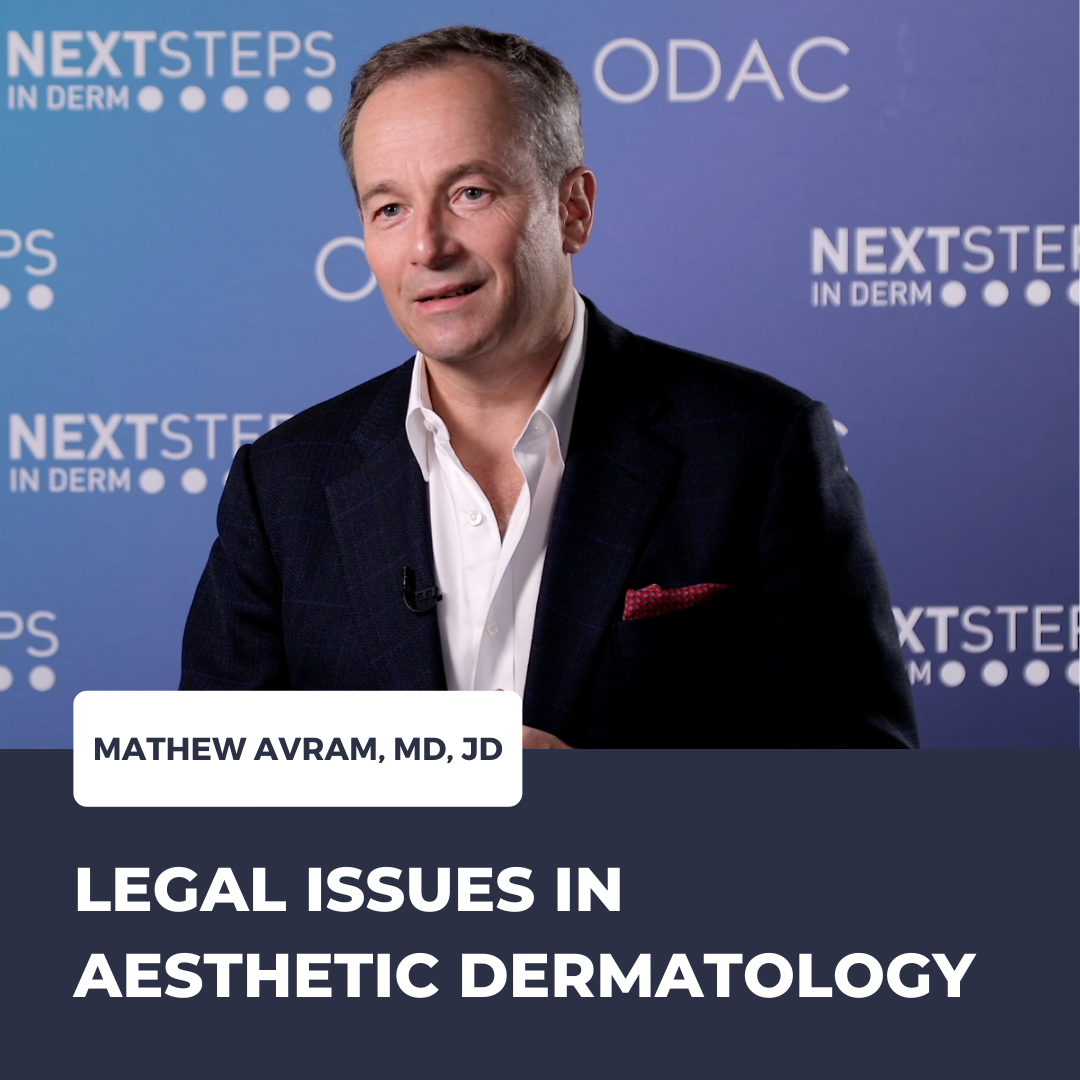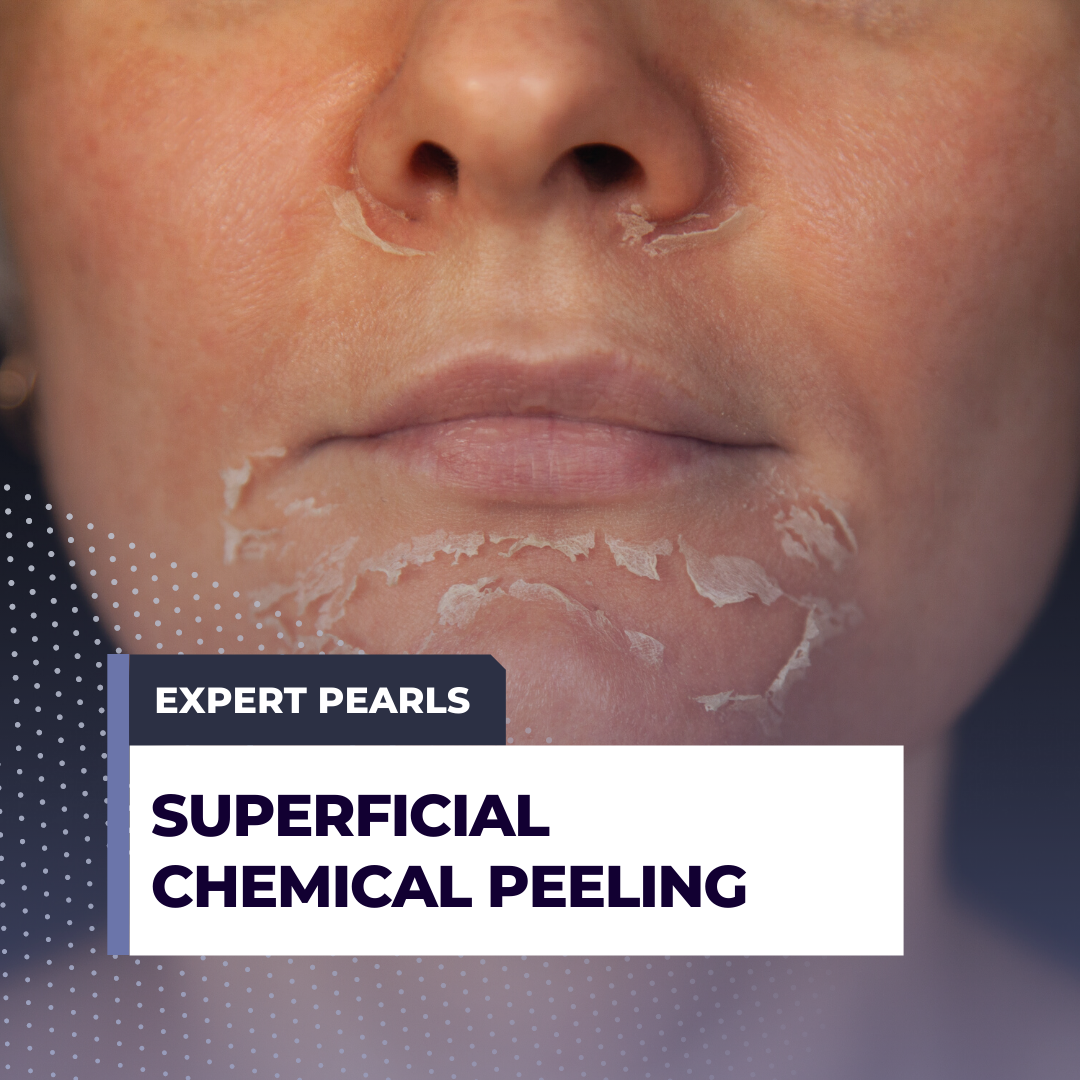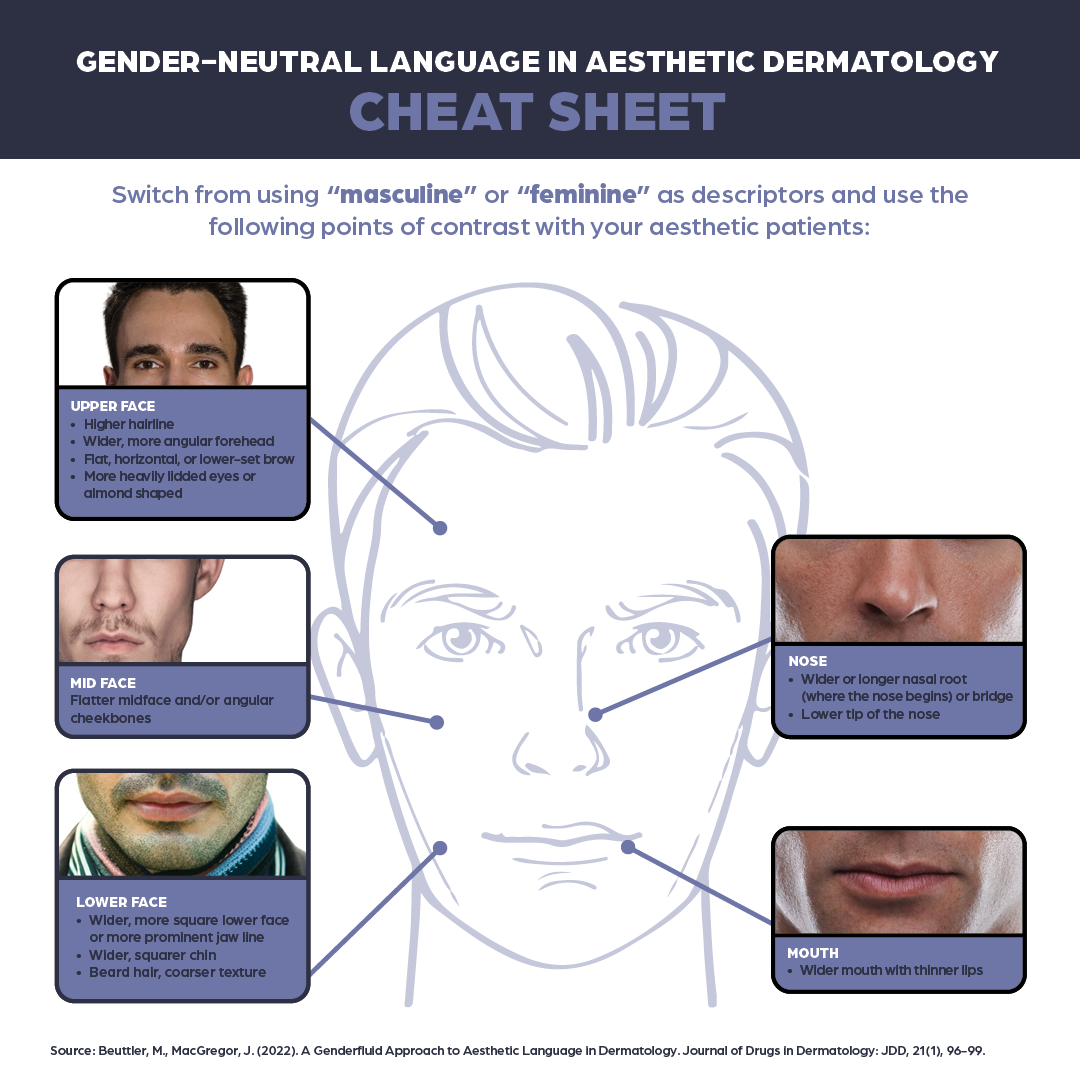Legal Issues in Aesthetic Dermatology: What Dermatologists Should Know
 Next Steps in Derm, in partnership with ODAC Dermatology, Aesthetic and Surgical Conference, interviewed Dr. Mathew M. Avram (Director of the Mass General Dermatology Laser & Cosmetic Center and Director of Dermatologic Surgery at MGH, as well as Faculty Director for Procedural Training in Harvard Medical School's Dermatology Department), who discusses potential legal situations that may ari …
Next Steps in Derm, in partnership with ODAC Dermatology, Aesthetic and Surgical Conference, interviewed Dr. Mathew M. Avram (Director of the Mass General Dermatology Laser & Cosmetic Center and Director of Dermatologic Surgery at MGH, as well as Faculty Director for Procedural Training in Harvard Medical School's Dermatology Department), who discusses potential legal situations that may ari …
 Next Steps in Derm, in partnership with ODAC Dermatology, Aesthetic and Surgical Conference, interviewed Dr. Mathew M. Avram (Director of the Mass General Dermatology Laser & Cosmetic Center and Director of Dermatologic Surgery at MGH, as well as Faculty Director for Procedural Training in Harvard Medical School's Dermatology Department), who discusses potential legal situations that may ari …
Next Steps in Derm, in partnership with ODAC Dermatology, Aesthetic and Surgical Conference, interviewed Dr. Mathew M. Avram (Director of the Mass General Dermatology Laser & Cosmetic Center and Director of Dermatologic Surgery at MGH, as well as Faculty Director for Procedural Training in Harvard Medical School's Dermatology Department), who discusses potential legal situations that may ari … Continue reading "Legal Issues in Aesthetic Dermatology: What Dermatologists Should Know"


 Chemical peels are the third most commonly performed noninvasive cosmetic procedure in the United States, with over 1 million peels performed annually.
Peels can treat a variety of skin conditions including acne, conditions of hyperpigmentation, and skin irregularities from chronic sun damage. Multiple peels on a repeated basis are usually necessary to obtain optimal results. The frequency of …
Chemical peels are the third most commonly performed noninvasive cosmetic procedure in the United States, with over 1 million peels performed annually.
Peels can treat a variety of skin conditions including acne, conditions of hyperpigmentation, and skin irregularities from chronic sun damage. Multiple peels on a repeated basis are usually necessary to obtain optimal results. The frequency of …  Next Steps in Derm, in partnership with ODAC Dermatology, Aesthetic and Surgical Conference, interviewed ODAC Co-Chair Dr. Joel L. Cohen (Board-Certified Dermatologist, Fellowship-trained in Mohs Surgery, Lasers, and Cosmetic Dermatology), who shares how to evaluate different types of scars and the tools available for treatment. Watch as he provides examples from his practice and offers options fo …
Next Steps in Derm, in partnership with ODAC Dermatology, Aesthetic and Surgical Conference, interviewed ODAC Co-Chair Dr. Joel L. Cohen (Board-Certified Dermatologist, Fellowship-trained in Mohs Surgery, Lasers, and Cosmetic Dermatology), who shares how to evaluate different types of scars and the tools available for treatment. Watch as he provides examples from his practice and offers options fo …  Dermatologists should adopt gender-neutral language in interactions with aesthetic patients, according to “A Genderfluid Approach to Aesthetic Language in Dermatology” by Marc Beuttler, MD, and Jennifer MacGregor, MD, published in the Journal of Drugs in Dermatology in January 2022. Gender-neutral language helps dermatologists prevent psychological upset or offense for patients with nonbinary …
Dermatologists should adopt gender-neutral language in interactions with aesthetic patients, according to “A Genderfluid Approach to Aesthetic Language in Dermatology” by Marc Beuttler, MD, and Jennifer MacGregor, MD, published in the Journal of Drugs in Dermatology in January 2022. Gender-neutral language helps dermatologists prevent psychological upset or offense for patients with nonbinary …  Dermatology needs to re-think the use of gendered language in aesthetics, according to a brief communication published in the January issue of the Journal of Drugs in Dermatology. The authors contend that gendered language can cause upset or offense in patients with nonbinary gender identity or gender dysphoria, and that gender-neutral language can help dermatologists provide better and more consi …
Dermatology needs to re-think the use of gendered language in aesthetics, according to a brief communication published in the January issue of the Journal of Drugs in Dermatology. The authors contend that gendered language can cause upset or offense in patients with nonbinary gender identity or gender dysphoria, and that gender-neutral language can help dermatologists provide better and more consi …